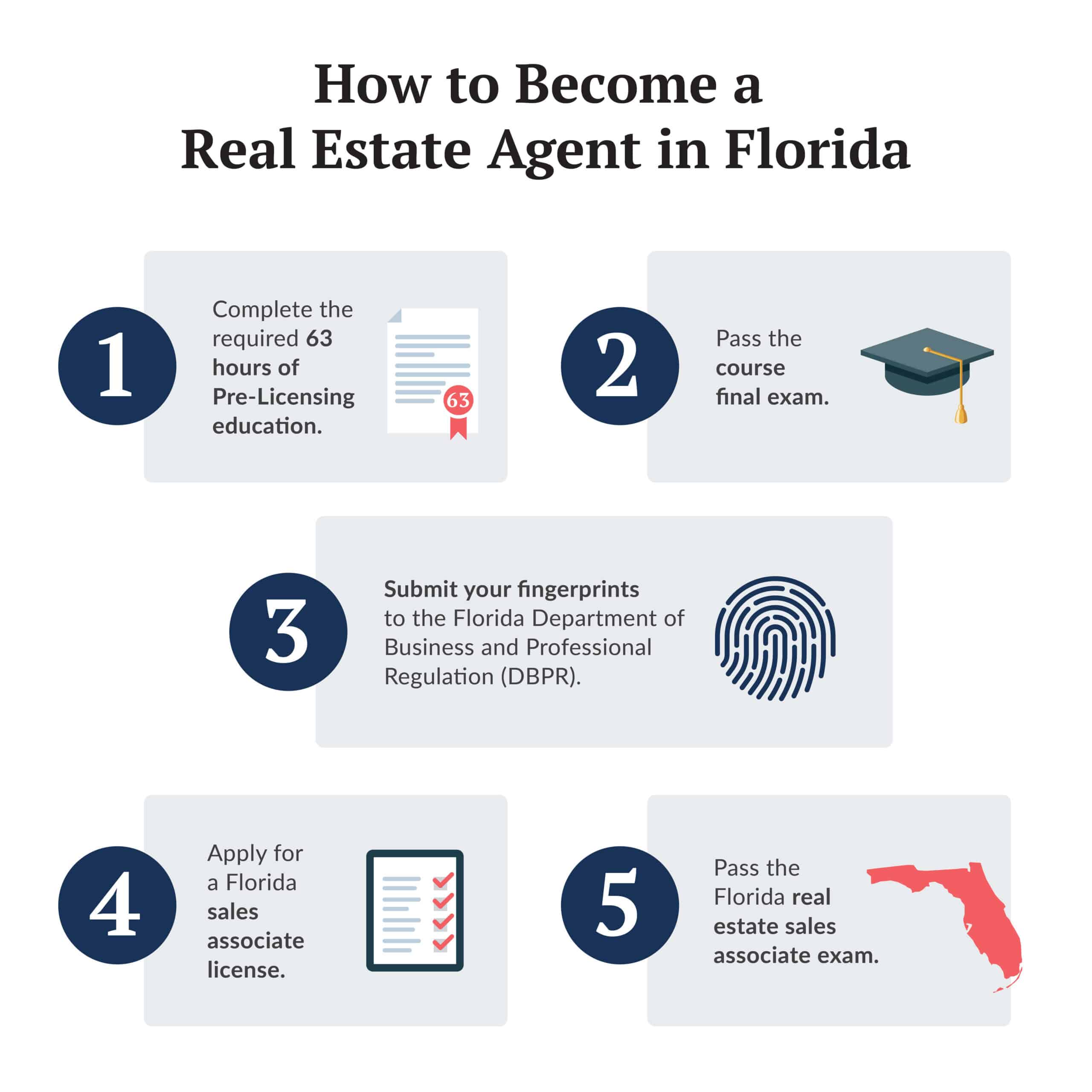
The best way to generate passive income is to invest in real estate. There are many ways to achieve this goal but the most popular is renting property. It is easy to see why it is popular among retirees and new business owners.
These are the basics to consider when buying commercial or residential property. You should first be familiar with the laws of supply & demand. The attractiveness of renting is increasing which makes it a great investment.
It is also important to look at the tax rates of potential investments. Commercial properties are more costly and will require a higher initial investment. However, they can generate steady, consistent income. They also have a better chance of being a lucrative long-term investment.

Purchase real estate mortgage bonds to create passive income. These notes are bought from a lender, and can then be sold to another buyer. This type of investment can be especially beneficial if it is possible to avoid the headaches and expenses of leasing your own home.
Turnkey properties are another way to generate passive income from real property. These apartments and homes can be rented online through many platforms.
Real estate crowdfunding is another option. For instance, you can invest a few thousand dollars in a real estate project to get started. A lending platform can be chosen that best suits your needs and budget.
You can also hire a property manager to help you generate passive income. There are legit companies and scams. The process of investing is made easier by a skilled property manager. This method is not for everyone. Property management can be a significant commitment so it is important to make the right choice.

Last but not least, multifamily properties will require you to consider how the funding will change. Multifamily properties typically have a higher initial investment, but they can offer long-term, steady returns. However, these properties tend to have a longer vacant period.
While there are many ways to generate passive income from real estate, the safest and most secure option is to invest in a quality property that is both located in a good area and has high occupancy rates. Also, remember that there's always a risk involved with direct investment. You can still find great deals if your research is done.
Even though the real estate market can be crowded, there are still many options to build a portfolio. You can choose to go the traditional route and buy a home, or take a more creative approach.
FAQ
Is it possible to quickly sell a house?
You may be able to sell your house quickly if you intend to move out of the current residence in the next few weeks. But there are some important things you need to know before selling your house. You must first find a buyer to negotiate a contract. Second, you need to prepare your house for sale. Third, advertise your property. You should also be open to accepting offers.
Can I afford a downpayment to buy a house?
Yes! There are many programs that can help people who don’t have a lot of money to purchase a property. These programs include FHA, VA loans or USDA loans as well conventional mortgages. Check out our website for additional information.
How can I repair my roof?
Roofs can burst due to weather, age, wear and neglect. Minor repairs and replacements can be done by roofing contractors. Get in touch with us to learn more.
Should I use a broker to help me with my mortgage?
A mortgage broker may be able to help you get a lower rate. Brokers can negotiate deals for you with multiple lenders. Some brokers receive a commission from lenders. You should check out all the fees associated with a particular broker before signing up.
How much money can I get to buy my house?
This can vary greatly depending on many factors like the condition of your house and how long it's been on the market. Zillow.com reports that the average selling price of a US home is $203,000. This
How much does it cost to replace windows?
Replacement windows can cost anywhere from $1,500 to $3,000. The cost to replace all your windows depends on their size, style and brand.
Statistics
- This means that all of your housing-related expenses each month do not exceed 43% of your monthly income. (fortunebuilders.com)
- The FHA sets its desirable debt-to-income ratio at 43%. (fortunebuilders.com)
- Some experts hypothesize that rates will hit five percent by the second half of 2018, but there has been no official confirmation one way or the other. (fortunebuilders.com)
- Private mortgage insurance may be required for conventional loans when the borrower puts less than 20% down.4 FHA loans are mortgage loans issued by private lenders and backed by the federal government. (investopedia.com)
- This seems to be a more popular trend as the U.S. Census Bureau reports the homeownership rate was around 65% last year. (fortunebuilders.com)
External Links
How To
How to manage a rental property
It can be a great way for you to make extra income, but there are many things to consider before you rent your house. We'll show you what to consider when deciding whether to rent your home and give you tips on managing a rental property.
This is the place to start if you are thinking about renting out your home.
-
What do I need to consider first? You need to assess your finances before renting out your home. If you have any debts such as credit card or mortgage bills, you might not be able pay for someone to live in the home while you are away. Your budget should be reviewed - you may not have enough money to cover your monthly expenses like rent, utilities, insurance, and so on. It may not be worth it.
-
How much does it cost for me to rent my house? It is possible to charge a higher price for renting your house if you consider many factors. These factors include location, size, condition, features, season, and so forth. It's important to remember that prices vary depending on where you live, so don't expect to get the same rate everywhere. Rightmove estimates that the market average for renting a 1-bedroom flat in London costs around PS1,400 per monthly. This means that you could earn about PS2,800 annually if you rent your entire home. This is a good amount, but you might make significantly less if you let only a portion of your home.
-
Is it worthwhile? Doing something new always comes with risks, but if it brings in extra income, why wouldn't you try it? You need to be clear about what you're signing before you do anything. Your home will be your own private sanctuary. However, renting your home means you won't have to spend as much time with your family. These are important issues to consider before you sign up.
-
Are there benefits? There are benefits to renting your home. Renting out your home can be used for many reasons. You could pay off your debts, save money for the future, take a vacation, or just enjoy a break from everyday life. It's more fun than working every day, regardless of what you choose. If you plan ahead, rent could be your full-time job.
-
How do I find tenants? Once you've made the decision that you want your property to be rented out, you must advertise it correctly. Start by listing online using websites like Zoopla and Rightmove. Once potential tenants contact you, you'll need to arrange an interview. This will help you evaluate their suitability as well as ensure that they are financially secure enough to live in your home.
-
What can I do to make sure my home is protected? If you are worried about your home being empty, it is important to make sure you have adequate protection against fire, theft, and damage. In order to protect your home, you will need to either insure it through your landlord or directly with an insured. Your landlord will often require you to add them to your policy as an additional insured. This means that they'll pay for damages to your property while you're not there. This does not apply if you are living overseas or if your landlord hasn't been registered with UK insurers. In these cases, you'll need an international insurer to register.
-
If you work outside of your home, it might seem like you don't have enough money to spend hours looking for tenants. You must put your best foot forward when advertising property. Post ads online and create a professional-looking site. Additionally, you'll need to fill out an application and provide references. Some people prefer to do the job themselves. Others prefer to hire agents that can help. Either way, you'll need to be prepared to answer questions during interviews.
-
What should I do once I've found my tenant? If you have a contract in place, you must inform your tenant of any changes. You may also negotiate terms such as length of stay and deposit. You should remember that although you may be paid after the tenancy ends, you still need money for utilities.
-
How do I collect the rent? When it comes time for you to collect your rent, check to see if the tenant has paid. If not, you'll need to remind them of their obligations. Any outstanding rents can be deducted from future rents, before you send them a final bill. You can call the police if you are having trouble getting hold of your tenant. They will not usually evict someone unless they have a breached the contract. But, they can issue a warrant if necessary.
-
How can I avoid problems? You can rent your home out for a good income, but you need to ensure that you are safe. Install smoke alarms, carbon monoxide detectors, and security cameras. Check with your neighbors to make sure that you are allowed to leave your property open at night. Also ensure that you have sufficient insurance. You should never allow strangers into your home, no matter how they claim to be moving in.